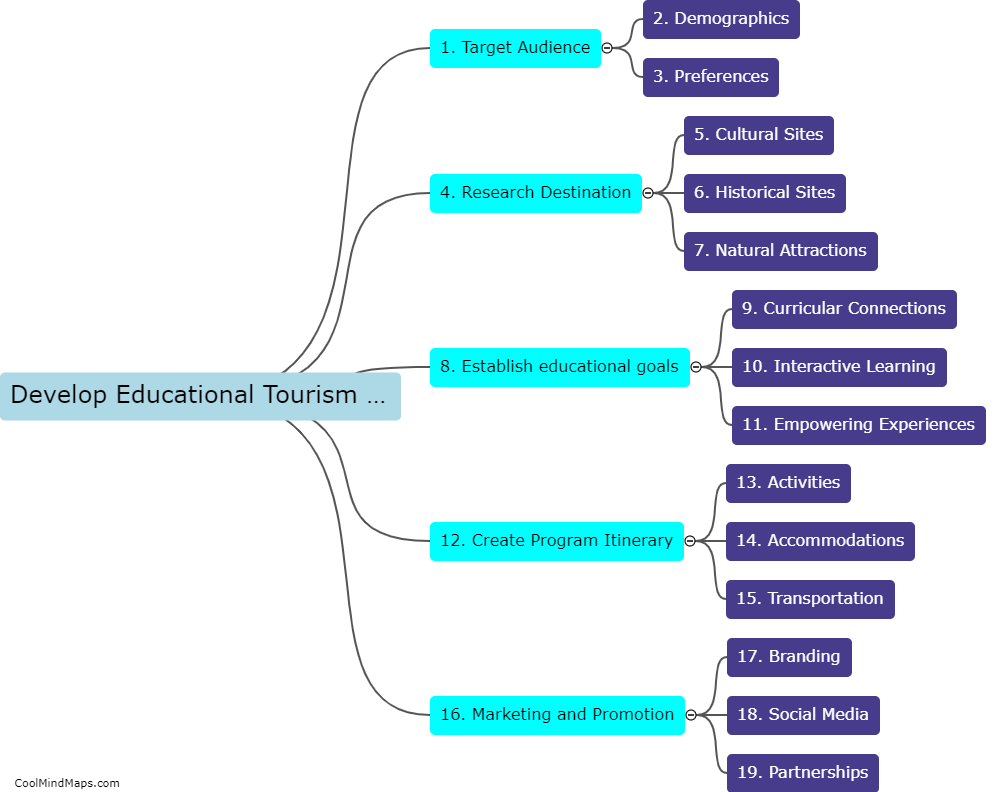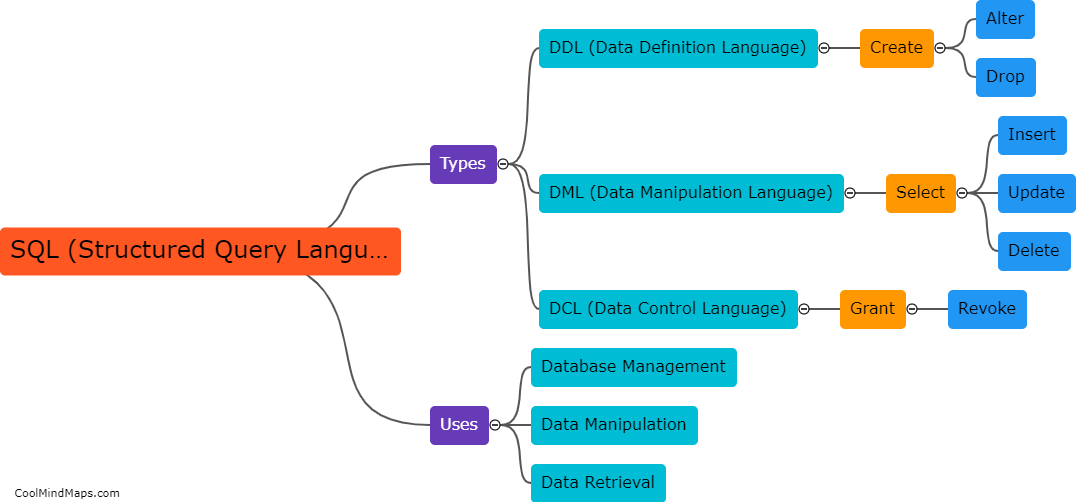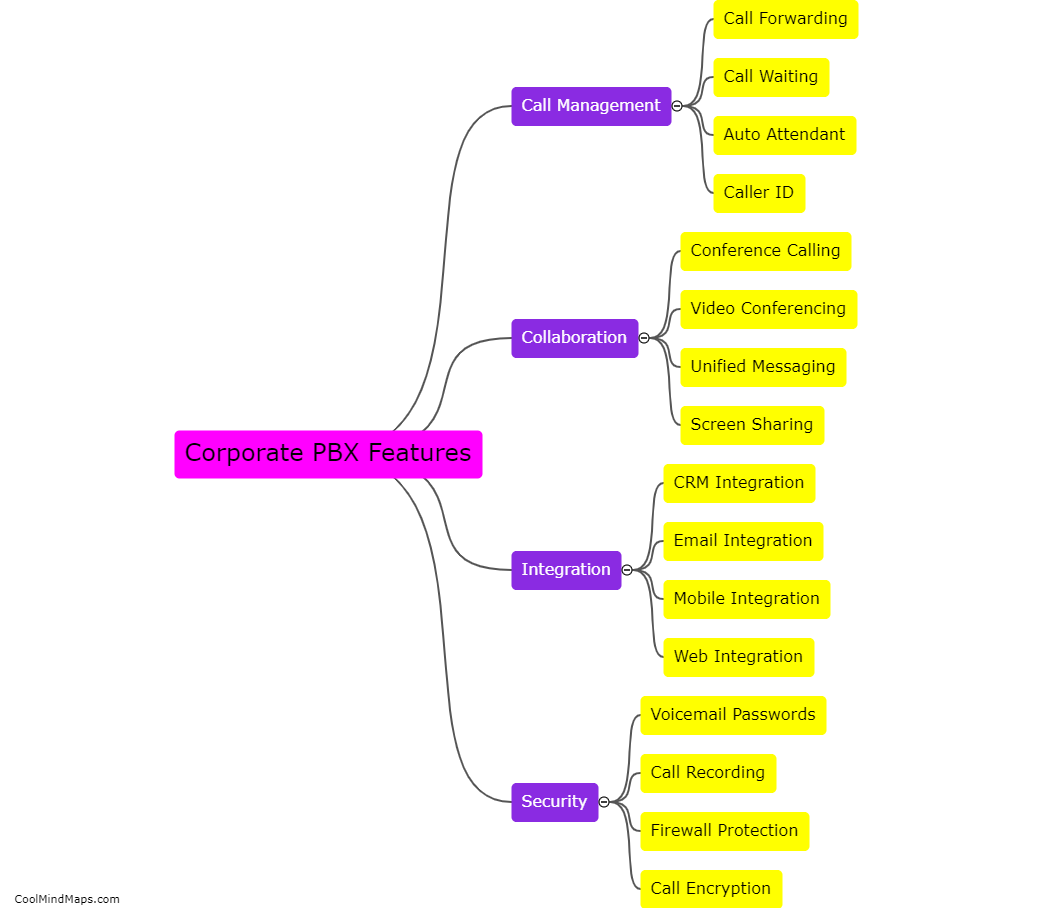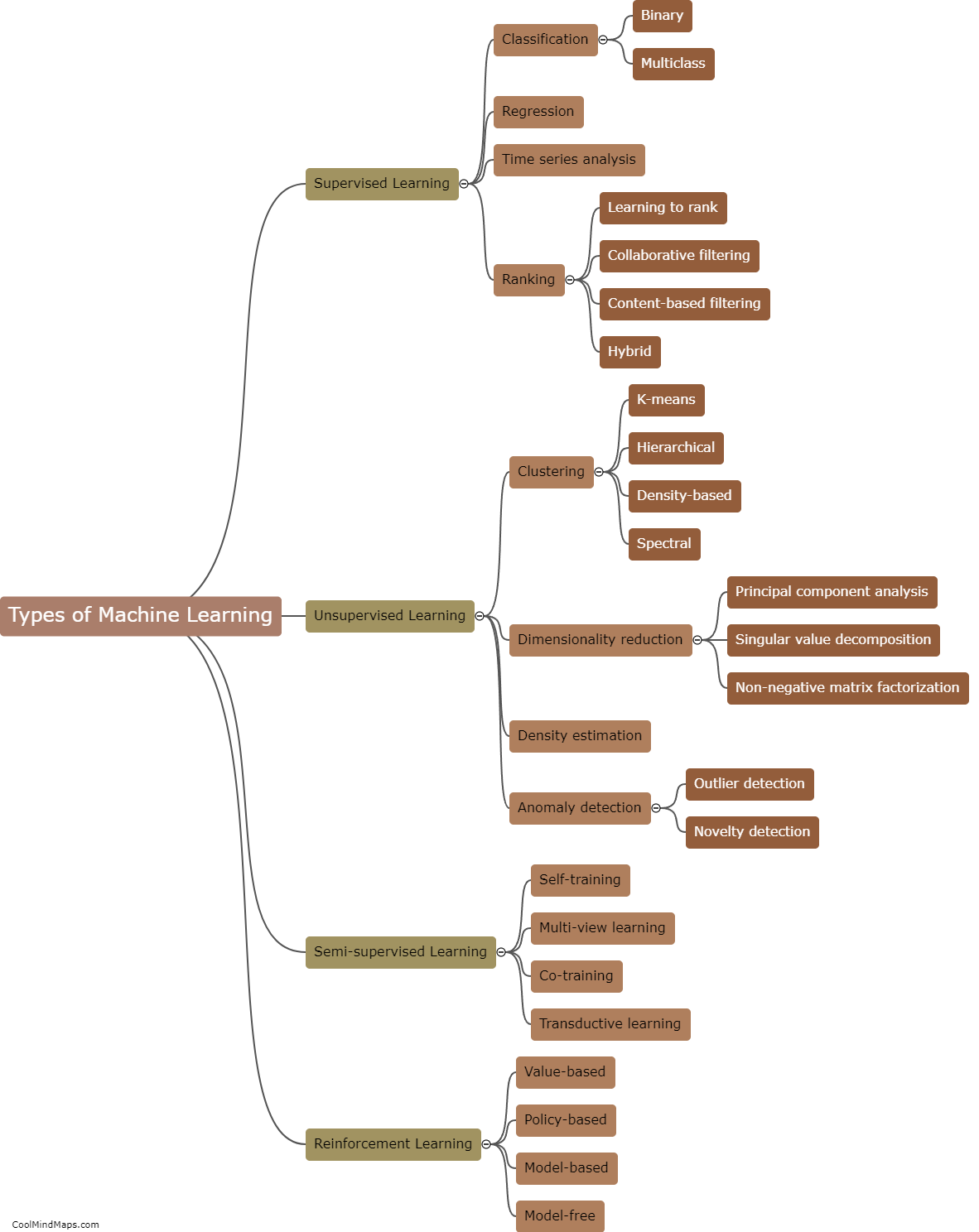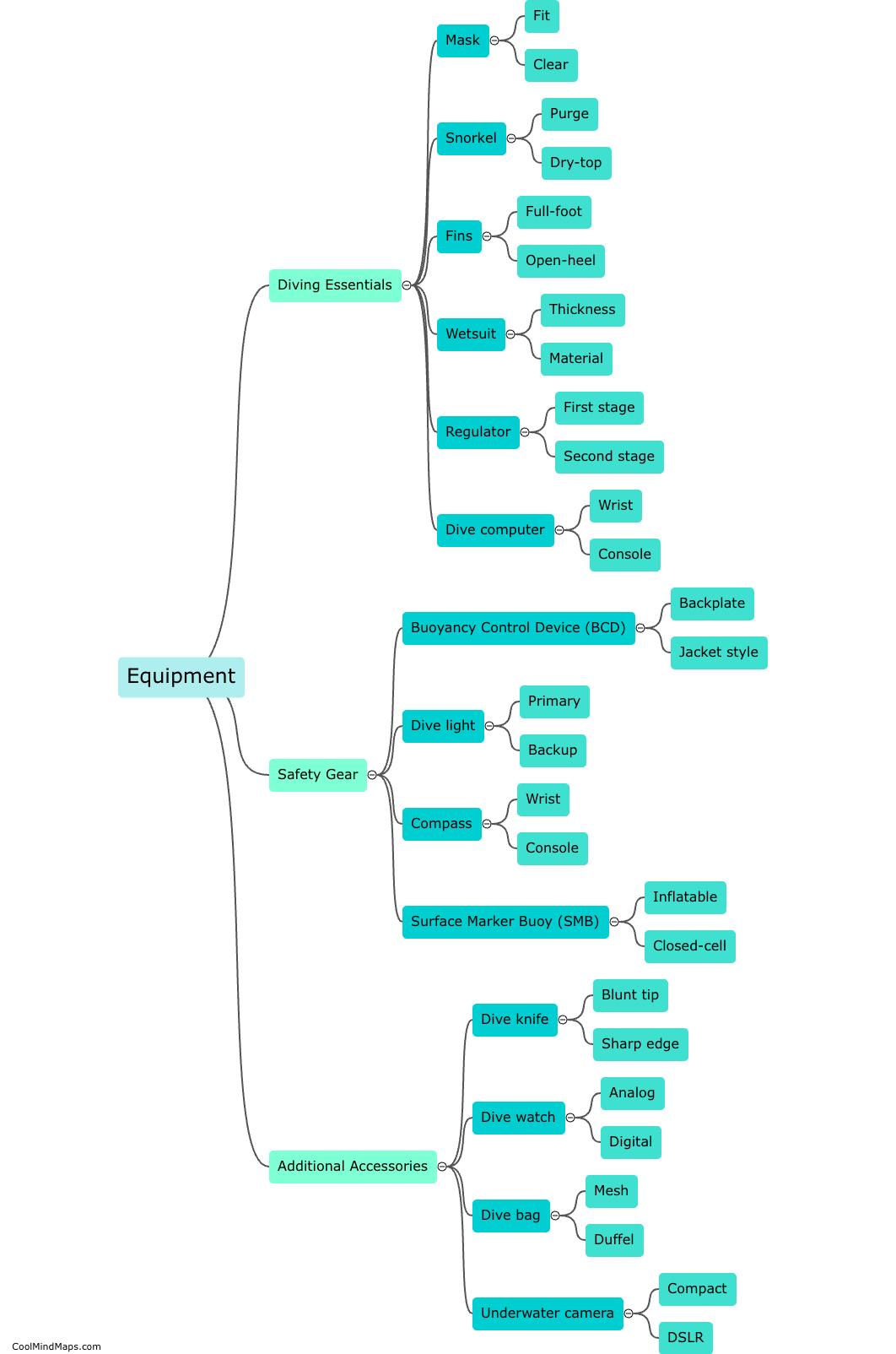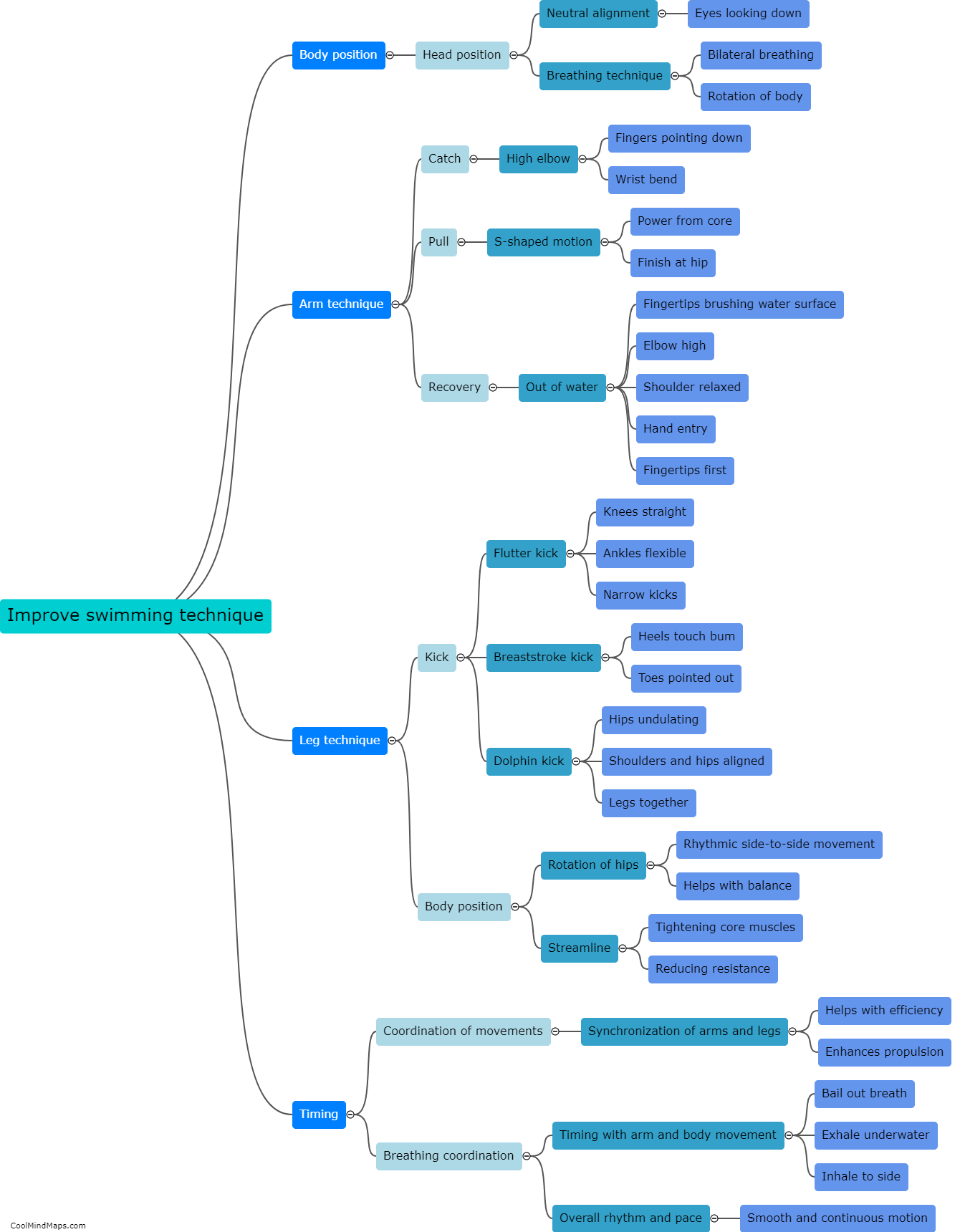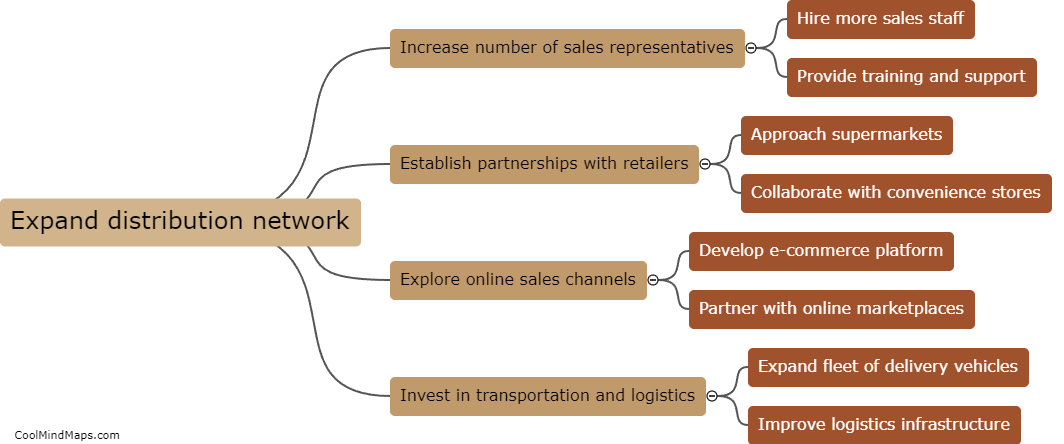What are the products of cellular respiration?
The products of cellular respiration are carbon dioxide, water, and ATP (adenosine triphosphate). During cellular respiration, glucose and oxygen are broken down in a series of biochemical reactions, such as glycolysis, the Krebs cycle, and oxidative phosphorylation. Carbon dioxide is a waste product that is released into the bloodstream and eventually exhaled through breathing. Water is also released as a byproduct and can be excreted through sweat or urine. Finally, ATP is the energy currency of the cell and is produced during oxidative phosphorylation. It provides the energy necessary for various cellular processes and is essential for the survival and functioning of all living organisms.

This mind map was published on 7 September 2023 and has been viewed 81 times.
